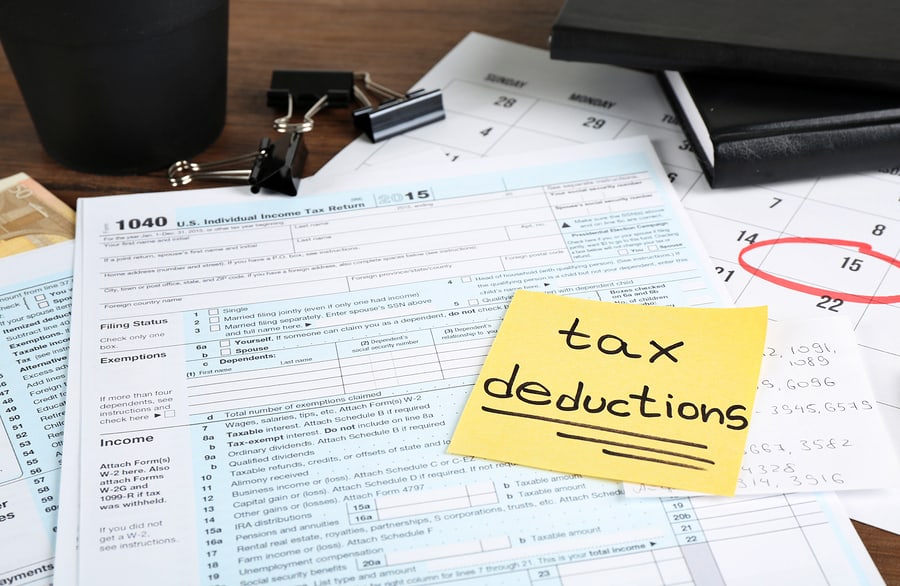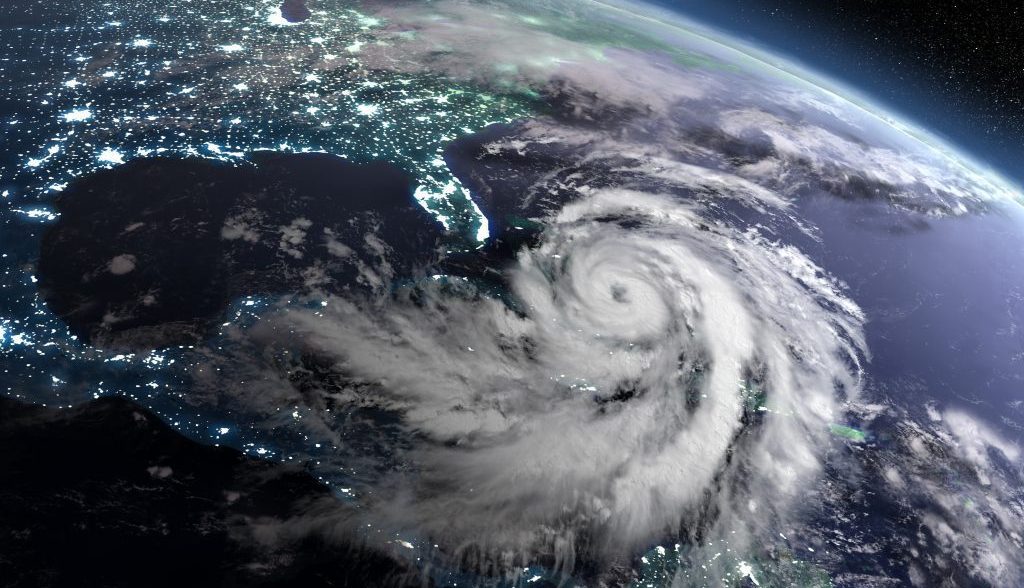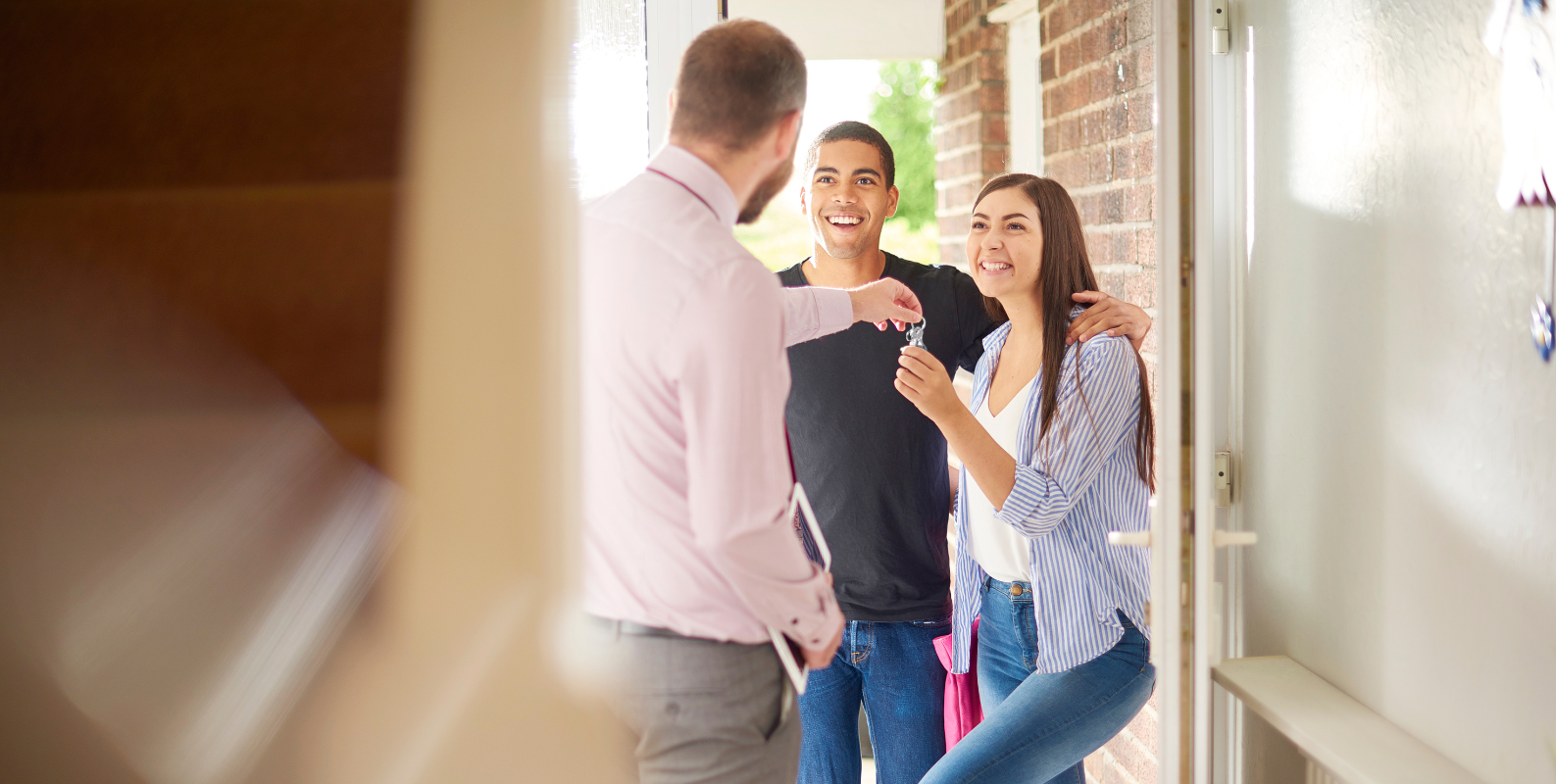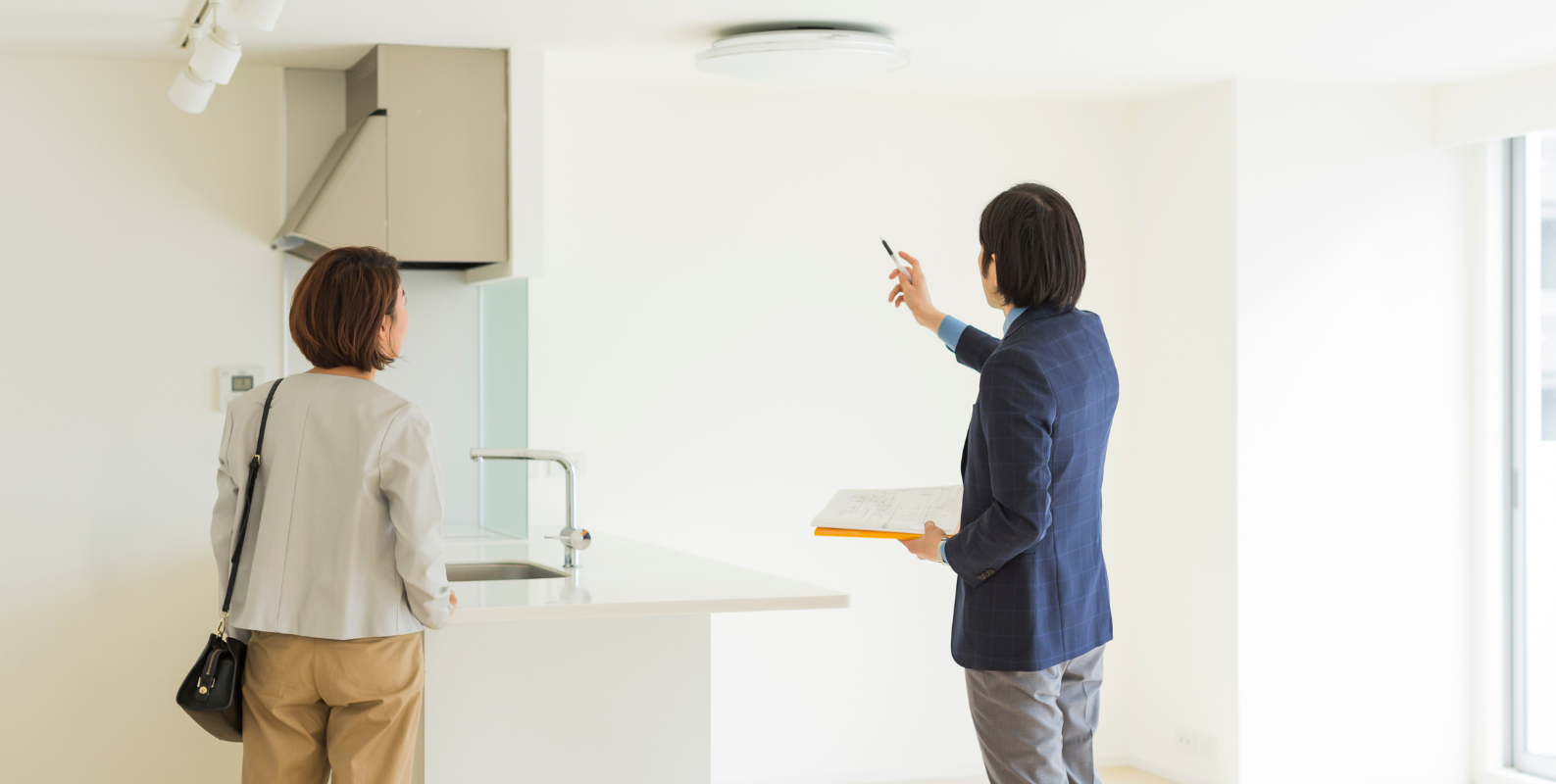Here are things that you need to prepare before the hurricane, during the storm, and after a storm.
Before the Hurricane
Tenants are cautioned to pay attention to local weather reports on radio or television, to have a secure room to take refuge, and to have plenty of non-perishable food and water available. Here are things you want to address at least 36 hours before the storm.
-
- Build a disaster supply kit – The kit that you build should sustain you and those in your household for at least 72 hours. See the recommendation by Ready.gov
- Garden furniture and fixtures – Bring inside all garbage receptacles, garden hoses (disconnected from hose bib), outdoor patio plants, pots, chairs, tables, furniture, and pool cleaning equipment.
- Signs and decoration – Holiday decorations and signs should be removed from the exterior of the home and kept to prevent it from being a projectile during the storm.
- Store away from windows – Move all furniture away from the windows, cover it or move it to rooms that are least likely to receive damage.
- Computer and files – Back up important documents on a jump drive and cloud storage.
- Take pictures of your property – With the most recent pictures, this might come in handy in the event that you do have some damage and insurance company storm adjusters might need it.
- Emergency plan – Review your emergency plan with your family and friends about how to contact each other and where to reconnect should disaster strike when you are not together
During the hurricane
Always take the advice of the local authority if there is a call to evacuate. Resist the curiosity to go out to witness the storm due to flying projectiles, or possibly stepping on debris, or a live electrical line .
In the event that you if you decide to ride out any storm at home, ensure that you have
- Plenty of drinking water
- Portable radio
- Flashlights
- Cell phone that’s fully charged
- Batteries (for the radio and flashlight)
- Full tank of gas in your car
- Personal or legal papers stored in plastic bags
- First aid supplies
- All needed medications
- Toiletries, diapers
- Plenty of pre-cooked canned food-don’t
- Can opener
- Don’t forget food for your pets too (if you have any)
Other helpful items that we have found useful are cell phone power bank, rolls of plastic, large plastic bags, tire repair kits, bug spray, and sun block for after a storm, extra candles and all the laundry washed! Camping equipment is helpful as well as coolers full of ice. If electricity is out for a while you may want to have extra cash as credit cards will not work without electricity.
After the hurricane
Ensure that everybody is safe, and it is safe to step out. Be a look out for debris on the ground that might have blown in due to the storm, to wires that is on the ground. Once you ensure that if it is safe, take a walk around your home and if you see any damage, take pictures of it and reach out to us. The CDC also issues a general list of things to avoid post the hurricane.
If there is an emergency, call please 911.
If you need assistance and information about the hurricane, or support, please call 211










